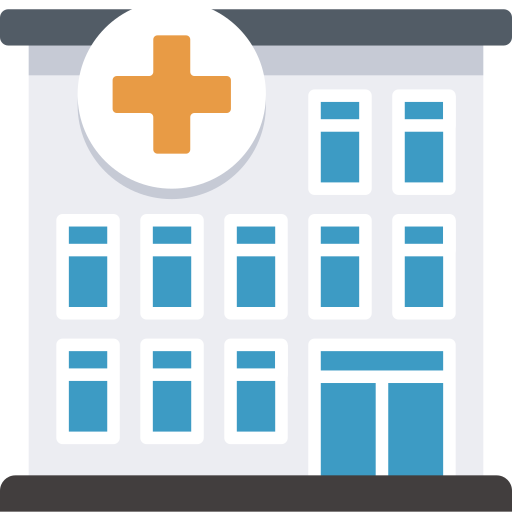Subtotal: $4398.00
Types of Biopsy Procedures
- Needle Biopsy: Uses a fine, hollow needle (fine-needle aspiration or core needle) to extract a tissue sample, often guided by imaging for areas not easily accessible. Minimally invasive for quick diagnosis of lumps or abnormal masses.
- Skin Biopsy: Includes shave, punch, incisional, and excisional techniques for diagnosing skin lesions or suspected skin cancer. Techniques and sample sizes are chosen based on lesion size and depth.
- Surgical Biopsy: Involves surgical removal of all or part of a suspicious area (incisional or excisional biopsy). Commonly used for diagnosing tumors or lymph node abnormalities, often with local or general anesthesia.
- Endoscopic Biopsy: Involves using a flexible tube with a camera and small tools to access tissues inside the body, such as lungs, bladder, colon, or other internal organs, with tissue sampled through the endoscope.
- Bone Marrow Biopsy: Draws a tissue sample from the inside of a bone (often the hip) to diagnose blood disorders, leukemia, lymphoma, or infections.
Who Needs a Biopsy?
- Anyone with a suspicious lump or abnormal mass detected by examination or imaging
- Patients with unexplained skin lesions or changes
- Those monitored for cancer diagnosis or recurrence
- Individuals with persistent inflammation or unexplained symptoms
- Patients needing accurate, tissue-based diagnosis before starting treatment
Benefits of Expert Biopsy
- Accurate and timely diagnosis of diseases
- Minimally invasive procedures with quick recovery
- Allows for targeted treatment planning
- Rapid lab results with clear communication
- Improved patient confidence and peace of mind
What to Expect During and After a Biopsy?
- Local anesthesia for comfort in most cases
- Guided, safe tissue collection by experienced clinicians
- Minimal downtime and usually no hospital stay for most procedures
- Instructions on wound care, activities, and symptom monitoring
- Timely follow-up with results and explanations from your doctor
After a biopsy, mild soreness or bruising is normal and resolves within days. Our team is available to answer any concerns during healing.
Why Choose The Elysian Healthcare for Biopsy?
- Experienced doctors and pathologists for all major biopsy types
- Advanced equipment and sterile, patient-friendly facilities
- Compassionate care from consultation through post-biopsy support
- Seamless coordination with further diagnostic testing or treatment
- Focus on clear communication and patient comfort
Book Your Biopsy Appointment Today
For precise, safe, and supportive biopsy procedures, trust The Elysian Healthcare. Book a consultation now to discuss your case and receive expert advice on the right diagnostic path.
Frequently Asked Questions (FAQs)
Q1: Is a biopsy painful?
Most biopsy procedures cause minimal discomfort due to local anesthesia. Minor soreness may occur but subsides quickly.
Q2: How long do biopsy results take?
Results are usually available within a few days to a week, depending on the test complexity and tissue type.
Q3: Will I need to stay in the hospital?
Most biopsies are done on an outpatient basis and do not require hospital admission.
Q4: What happens if my biopsy is abnormal?
Your doctor will explain the findings, discuss further testing if needed, and help you plan the next steps for treatment or follow-up.
Q5: Are there risks with a biopsy?
Risks such as bleeding or infection are rare, but our clinicians use advanced, sterile techniques to minimize complications.




